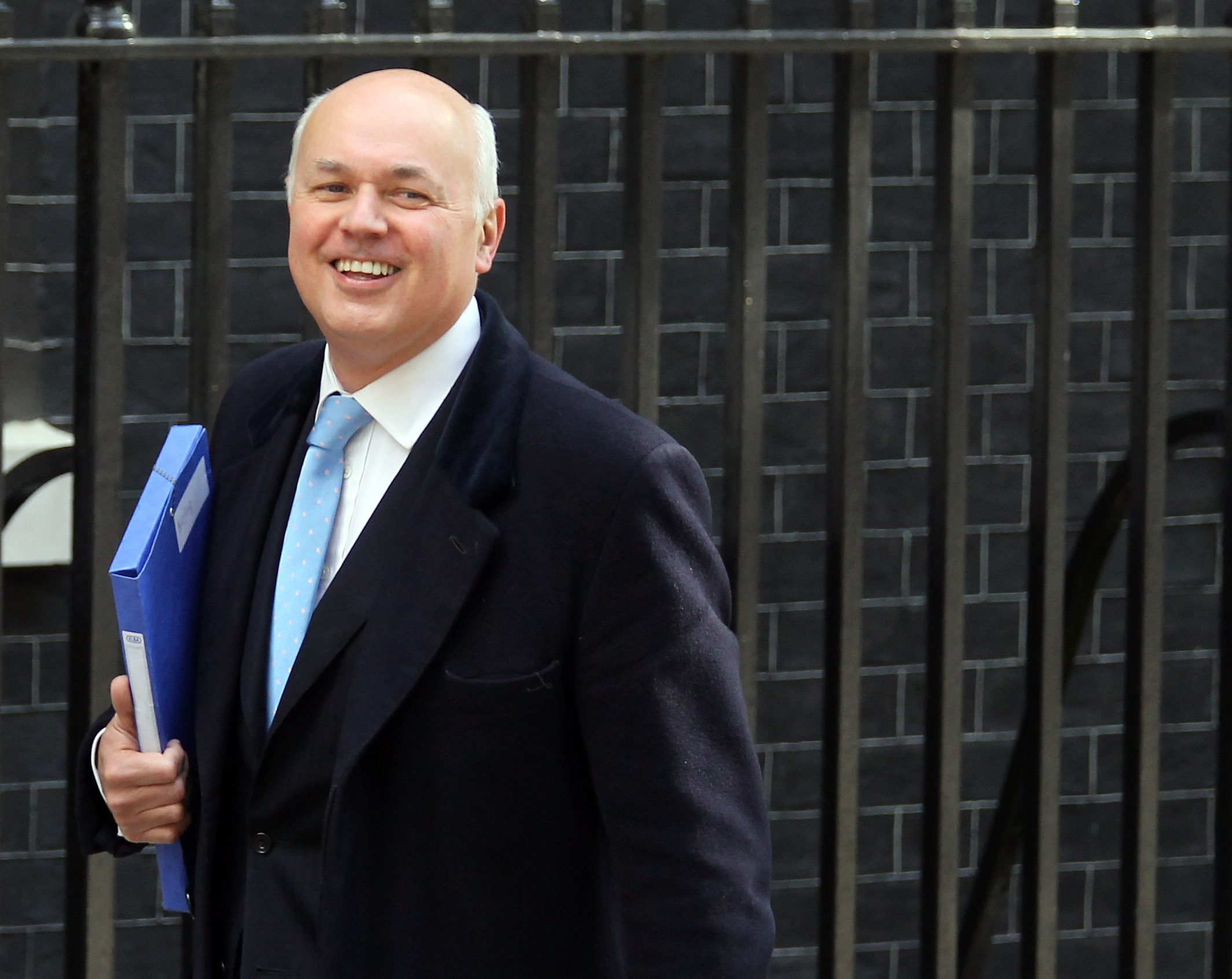 For some time now, we on Coffee House have been raving about Iain Duncan Smith’s plans
for reforming benefits. And, today, it finally looks as though they – or something like them – will soon be put into action. The DWP is releasing a consultation document which aims to
simplify and straighten out a benefits system which now acts as a barrier to work. Over the next few months, various think-tanks and other organisations will submit their own ideas for doing just
that. Someone who will no doubt take part in that process, Policy Exchange’s Neil O’Brien, has a written a very useful summary of the main questions and arguments here.
For some time now, we on Coffee House have been raving about Iain Duncan Smith’s plans
for reforming benefits. And, today, it finally looks as though they – or something like them – will soon be put into action. The DWP is releasing a consultation document which aims to
simplify and straighten out a benefits system which now acts as a barrier to work. Over the next few months, various think-tanks and other organisations will submit their own ideas for doing just
that. Someone who will no doubt take part in that process, Policy Exchange’s Neil O’Brien, has a written a very useful summary of the main questions and arguments here.
The expectation, though, is that the end result will follow the broad contours of the “dynamic benefits” system proposed by IDS’s Centre for Social Justice last September. We’ve summarised that here and here, among other articles and posts – but the basic idea is that various out-of-work benefits can be rolled together into a universal benefit, which would then fall at a uniform rate as claimants get back into work. This avoids the alarmingly high marginal effective tax rates that claimants currently face. For some, an extra £1 in earned income can effectively put less than 10p into their pocket, as tax increases and benefit withdrawals kick in.
When IDS first proposed his system, George Osborne and David Cameron were said to be put off by the cost. Yes, it would imply savings in the medium to long term, as more claimants got off benefits and back into work – but the upfront costs would be around £3-4 billion. The question was: can we afford that kind of moolah in the age of austerity? And, sifting through the coverage this morning, that question remains. In which case, it’s worth noting IDS’s confidence on two points in his interview with Evan Davis on the Today programme this morning. First, that his ideas and alternatives have been properly costed. And, second, that he has support for his measures “across government”. Indeed, I’m told that although the Team Osborne is still pushing for more affordable solutions, they are broadly behind IDS’s plans. It is telling that the Treasury put out its own consultation document yesterday which, as the peerless Nicholas Timmins pointed out in the FT, would smooth the way for a universal benefit.
On the political front, I suspect the debate will largely be influenced by how Labour chooses to respond. So far, their main emphasis seems to be to caricature the IDS plans as “cuts” which would end people’s entitlement to tax credits and the like. But Yvette Cooper has shown signs of a more nuanced argument: whether you implement these kinds of reforms incrementally, or whether you go for a more radical, all-in-one approach as IDS proposes. But, in either case, you sense that the public mood is behind the coalition on this issue. And I expect that IDS will hammer home the point today with a speech that goes heavy on the moral, as well as the economic, need for reform.
Parliament may have broken up for summer – and David Cameron’s foreign escapades may have attracted the headlines – but this has been a week of important domestic action by the coalition. First, regulatory reform, then police reform, and now benefits reform. This government is turning out to be more proactive than I dared hope for. And, on the whole, it’s mightily encouraging stuff.







Comments